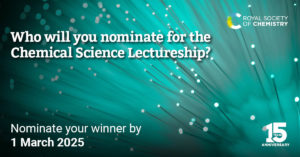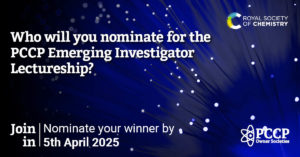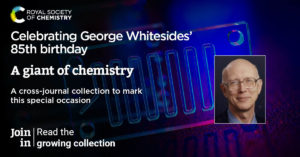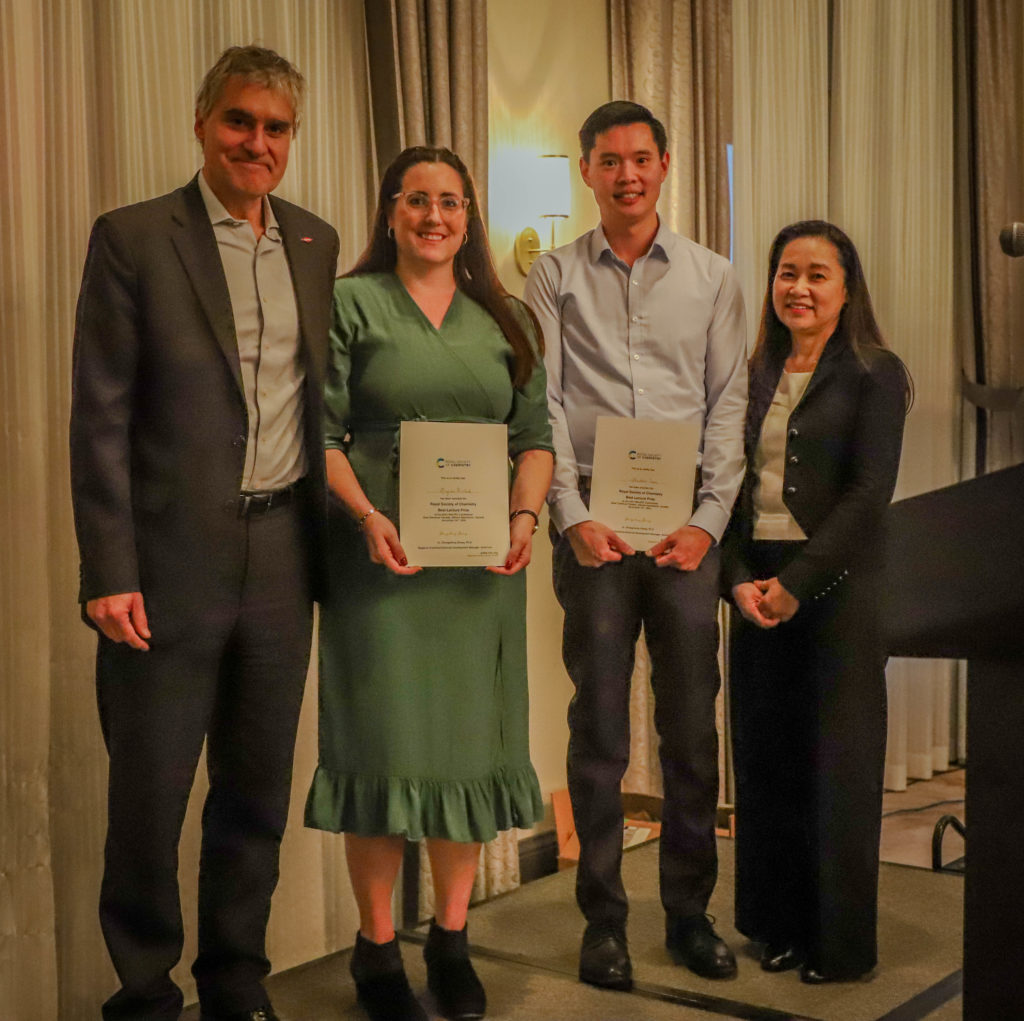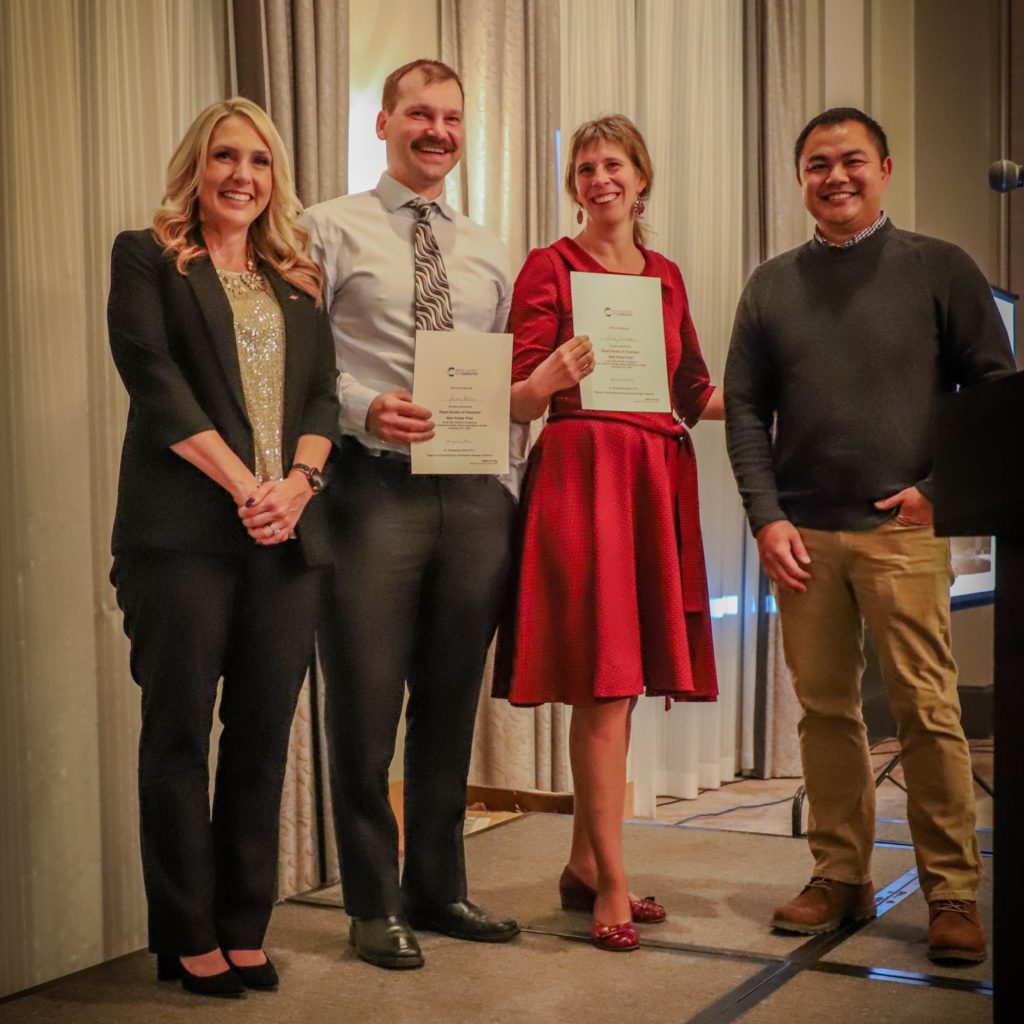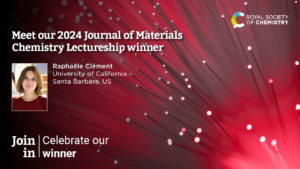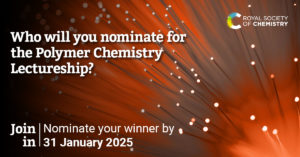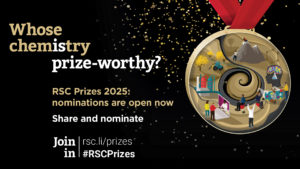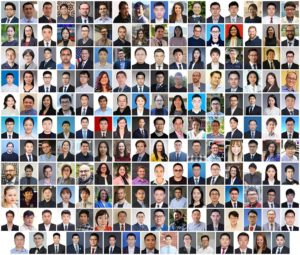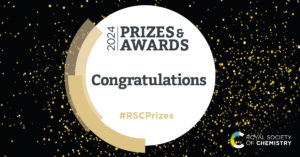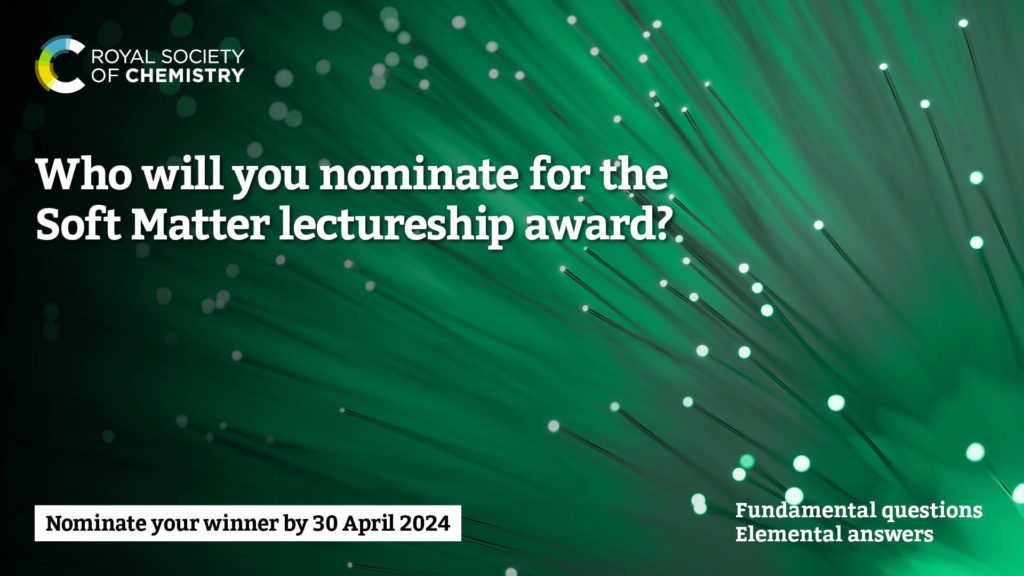Chemical Science recently announced the launch of the new Chemical Science Lectureship, in celebration of its 15th anniversary year. Theis annual award will celebrate leading, independent researchers at all career stages who have made exceptional discoveries and innovations in their field within the last five years, which have significance for the wider chemical sciences.
Each year, the lectureship will focus on a specific subject area that aligns with the annual Chemical Science Symposium for that year. As Chemical Science is a multidisciplinary journal, this topic will rotate each year to cover the breadth of the journal and all areas of the chemical sciences.
In its inaugural year, the 2025 Chemical Science Lectureship will focus on the chemistry of imaging, biosensing, and diagnostics, with the winner presenting their lectureship at the 2024 Chemical Science Symposium in November 2025. Additionally, all travel costs will be included as part of the prize, and the winner will be invited to join the Advisory Board for Chemical Science.
Nominations are now open through March 1st, 2025, with the winner announced in late Spring. Click here to learn more about the Lectureship, read about nominee eligibility, and learn how to nominate someone.


